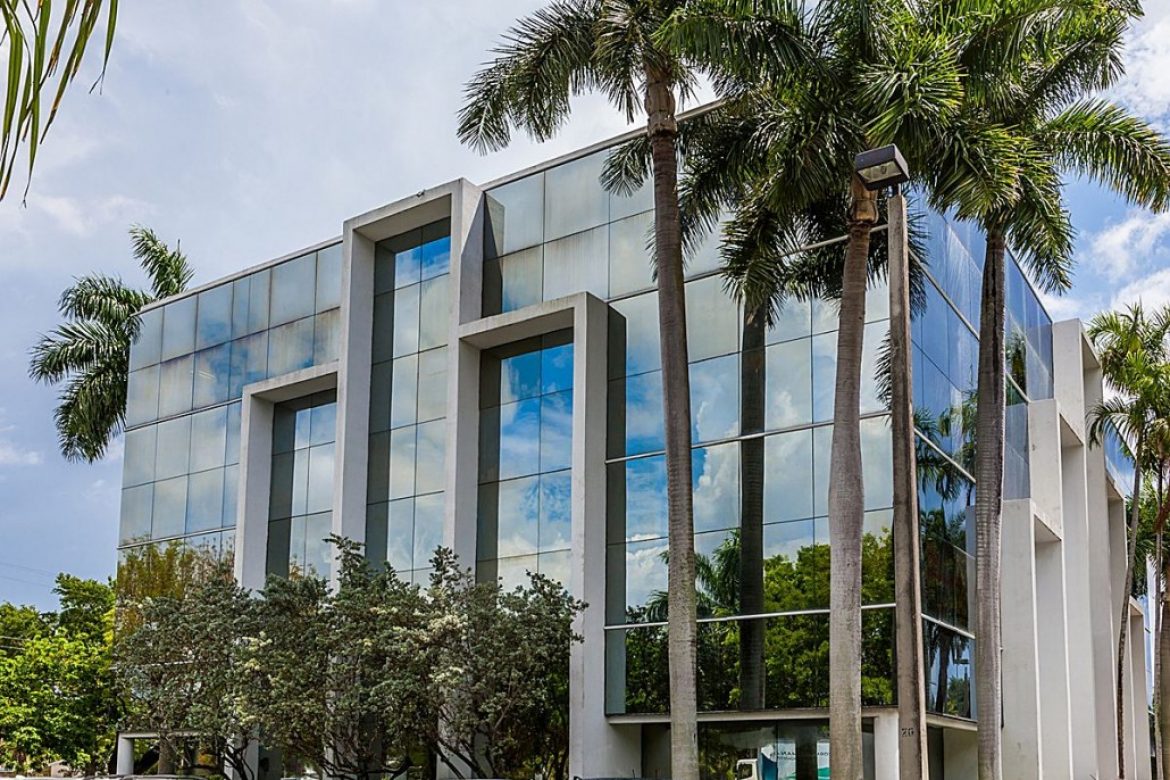The glass partitions may stay up in stores at cash registers long after the pandemic leaves, as retailers aim to offer a variety of measures to make customers feel safe again, experts say.
Other such changes range from subtle — such as touchless doors and sink handles — to not-so-subtle, such as bringing some retail items behind a counter instead of open for everyone to touch. The ideas being bandied about show just how quickly the novel coronavirus has changed retail businesses, much of which had to shutter or reduce service due to stay-at-home orders.
These shutdowns have impacted revenue drastically, with some retailers on the brink of permanently closing their doors.Nationwide, about 630,000 stores have closed due to COVID-19, and $430 billion in revenue may disappear in the next three months, according to the Financial Times.
Businesses will have to adapt in order to survive and bring customers back, experts say. But these changes can’t move too quickly or be implemented in a way that would make it more cumbersome for customers. Still, many companies are going back to the drawing board right now with these new ideas, said Erin Simpson, business development and marketing for Orlando-based architecture firm Scott + Cormia Architecture + Interiors.
“Our culture already has bought into it — design just needs to catch up,” added Jose Lugo, vice president at Miami-based architecture firm Bermello Ajamil & Partners Inc.
Restaurants may see some noticeable changes. Tables and bar stools could be spaced out more. And cameras may beam back live video of the kitchen to monitors in a seating area for customers to see how their food is being prepared, said Cindy Schooler, senior vice president and market leader for Dallas-based SRS Real Estate Partners.
On the soft goods side, e-commerce will continue to disrupt retail delivery. But it remains to be seen if these retailers will want things returned, like clothes, if they feel they’ve been contaminated.
“The things I hear on calls now, I say, ‘Wow I never thought of that,'” Schooler said.
That said, no one knows how much brick-and-mortar retail will change. And — while some common sense measures may stick around — people may want to be closer to strangers again once they feel safe, said Drew Forness, president of Winter Park, Fla.-based Forness Properties.
“We’re all going to get back to some sort of normalcy,” he said.
Source: OBJ

